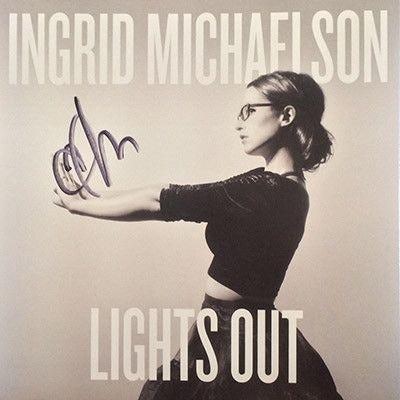

The public perception takes that earnestness and recasts it as one-dimensional quirk-it’s probably not coincidental that this style of music peaked around the same time the “manic pixie dream girl” archetype did-in order to dismiss it. You can draw a direct line from Spektor’s albums to artists working today like Sara Bareilles or Ingrid Michaelson. The actual musician records character studies, often set to dizzying classical-piano gusts like “The Flowers” and “Aprés Moi,” and writes with an earnestness not often seen these days. The problem is, there are two Regina Spektors: the public perception and the actual musician. In an alternate universe one of them might have been Regina Spektor, whose 15-year career deserves much more recognition than it's gotten.

The 2000s had no shortage of talent, much of it sharp enough to resist dumbing-down and some of it rewarded commercially, but it hasn’t produced a mainstream household name, a Fiona Apple or a Tori Amos.

Such a market doesn’t allow singer-songwriters much of a legacy. The closest things in the past few years to traditional singer-songwriter hits are Rachel Platten’s “Fight Song,” which sounds basically like Katy Perry, or Ruth B’s “Lost Boy,” which is literally four-and-a-half minutes of Vines. You can succeed with traditional singer-songwriter fare if you're male-see Ed Sheeran, or Jake Bugg, or whoever else is being heralded as the savior of musical authenticity this year-but if not, your niche is dead of a thousand market fluctuations and Lilith Fair insults, and your options are limited. That music’s just been decontextualized and diluted-down and flung in a dozen directions. It’s not that these artists have stopped making music.


 0 kommentar(er)
0 kommentar(er)
